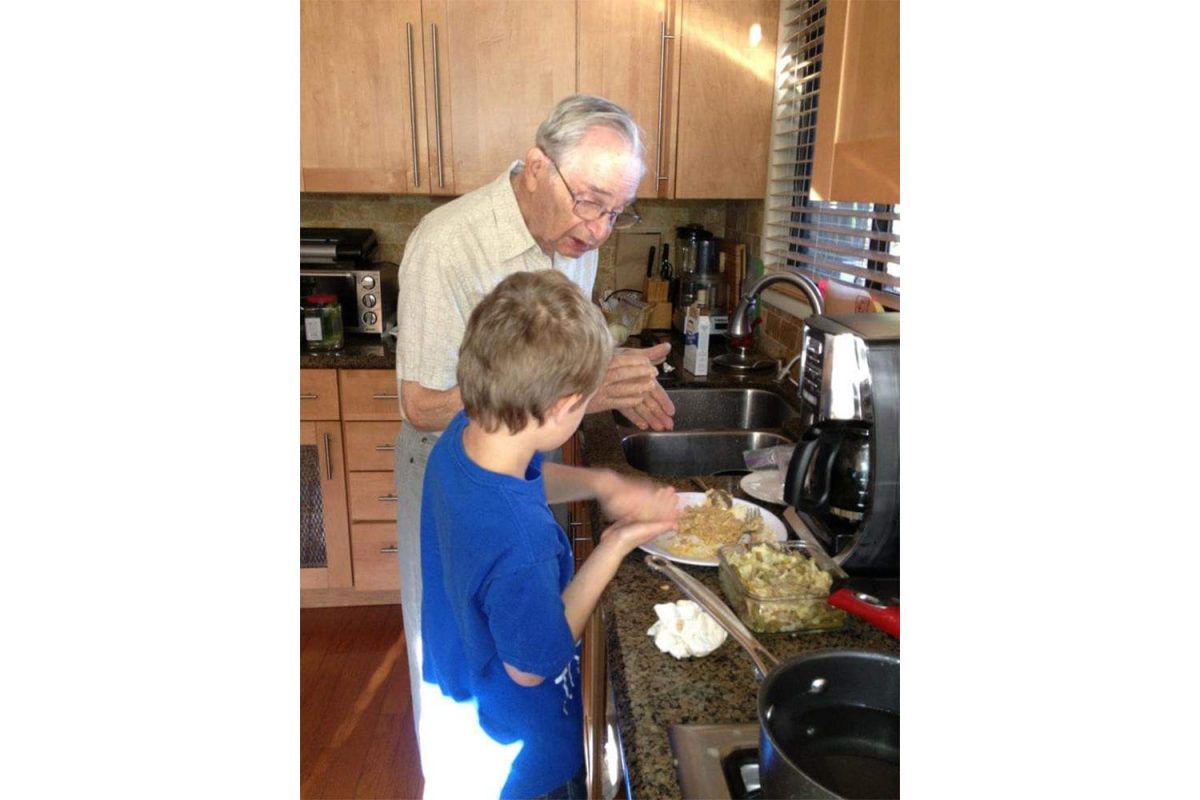America is failing when it comes to the way we investigate and prosecute sexual assault allegations and the way we treat victims who do attempt to press charges.
In the wake of the #MeToo movement, some people may think issues regarding sexual assault and harassment have been solved. This is, however, false, it has merely brought some of the issues to light, highlighting cases of celebrities in the entertainment and media industry.
While these men and women’s stories are important ones to be heard since they shine a light on just how pervasive this issue is, we must also turn our attention to how many men and women are victims of sexual assault whose stories are never told, or don’t have as much of a safety net in the form of wealth and the recognition from possible retaliation that high profile victims have.
Sexual assault is the most underreported crime in the country with only roughly 37% of rapes being reported and only 12% of child sexual abuse being reported.
The victims who do decide to come forward are met with an array of barricades making it extremely difficult to achieve justice.
Even if a conviction is secured, there are often far too short of sentences for the psychological effect assault has on the victim.
Convicted rapist Brock Turner only served three months of a six month prison sentence.
Meanwhile we see black and hispanic men sentenced for long periods of time at a disproportionate rate for non-violent drug offenses.
Additionally, only six out of every 1000 people accused of rape actually end up in prison.
Rape kits are extremely invasive and re-traumatizing both physically and emotionally, and what’s even worse is that women often undergo this process for no reason, because oftentimes the kit is never even processed. In California alone, the conservative estimate is that there are currently 13,000 unprocessed rape kits collecting dust in police storage.
This trauma doesn’t include the traumatic process of having to recount the assault numerous times, and then having their story torn apart and questioned. These two factors are major contributors to why so few victims of sexual assault decide to press charges or even report the crime.
Studies done on the frequency of false reports of sexual assault vary in number or cases studied, but come up with a range of around 2% to 7% of reports being false.
Because of how many victims choose stay quiet, it is not clear quite clear what the actual rate of false reporting is.
In the peak of the #MeToo movement, time and time again stories have come out, particularly with Harvey Weinstein, that people other than the women targeted had known about sexual misconduct and abuse of power for years and did nothing to support the victim and stop it.
Another prevalent figure in recent conversation accused of sexual assault and harassment is Bill Cosby. The fact that it took so long for him to be charged, despite the amount of people coming forward with the exact same story over several decades, highlights the issue of statutes of limitations on sexual assault. Cosby was only eventually charged because one of his victims filed a complaint within the statute of limitations.
Many states only eliminate the statute of limitations on murder cases, with only 15 having no statute of limitations on childhood sexual abuse. These states’ laws protecting under-aged victims only came about after The Boston Globe’s Spotlight team exposed child sexual abuse among Catholic priests throughout Boston, leading to similar stories being exposed all over the country.
Being a victim of sexual assault is something that has a permanent impact on someone. While many survive and learn to cope with their experiences, it is an experience that changes the victims forever.
We need to take this into account when we consider what laws to have surrounding sexual assault and how we should conduct ourselves while dealing with this sensitive issue.





